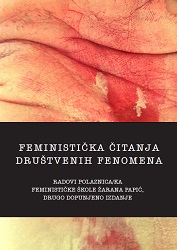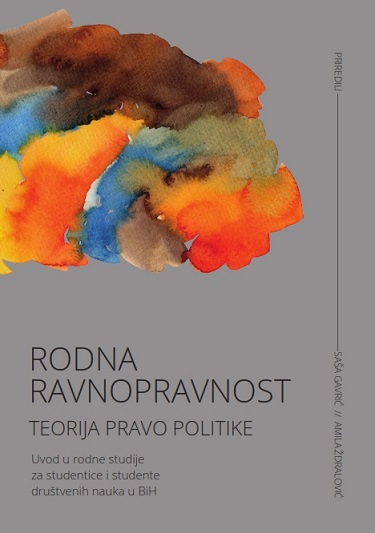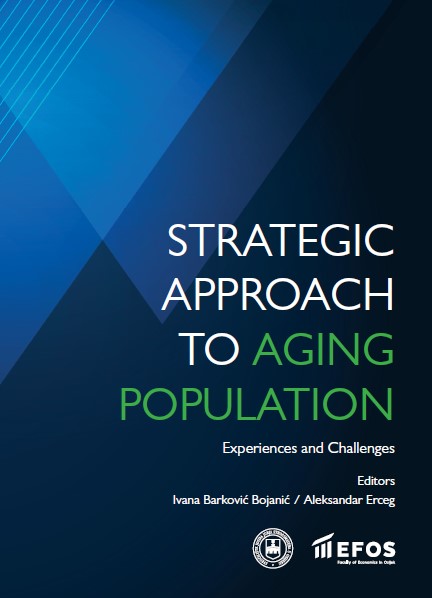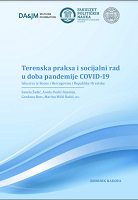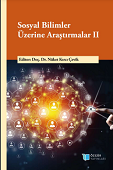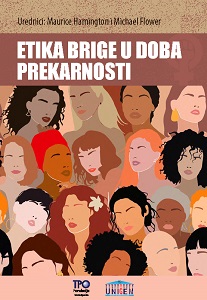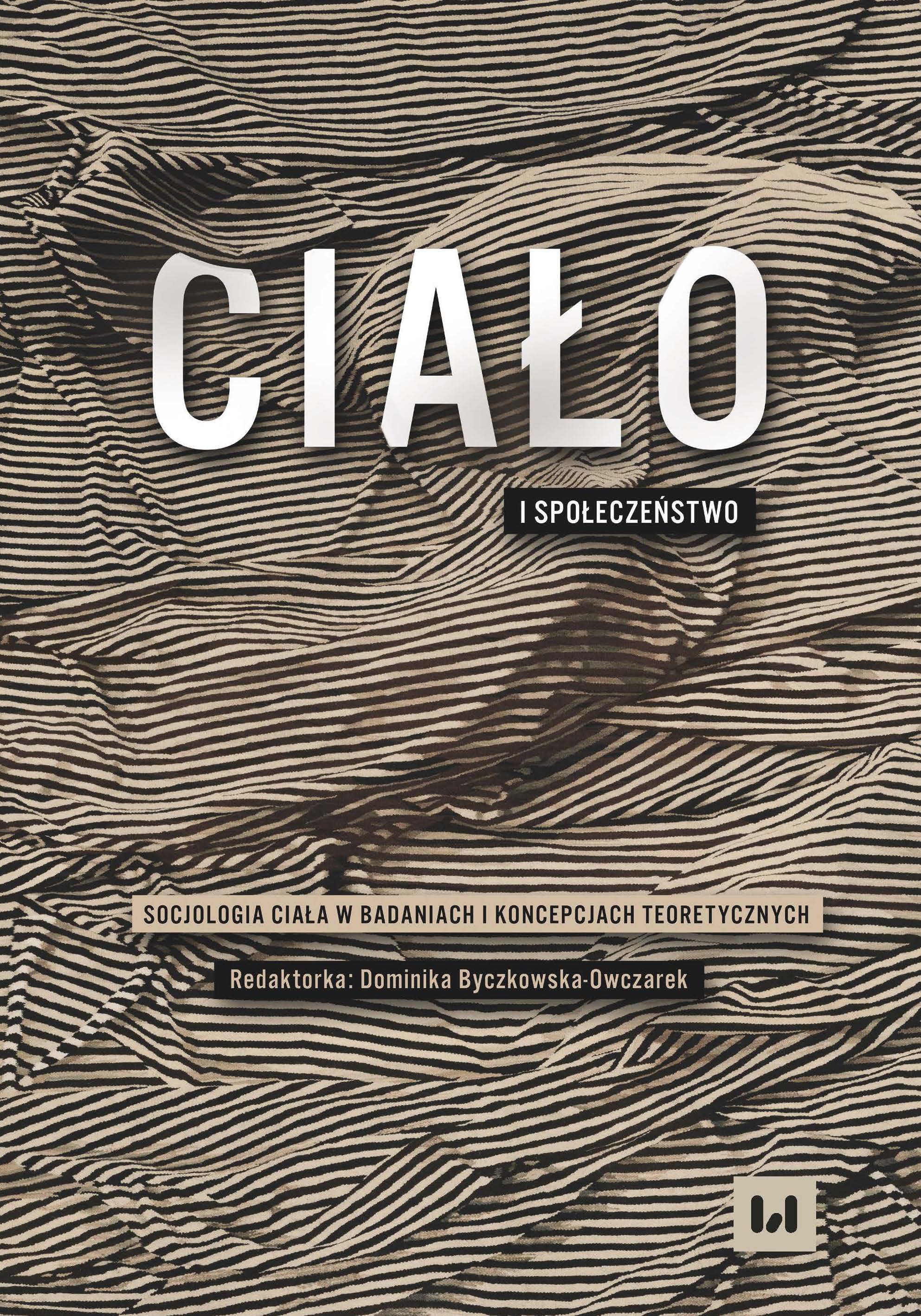Author(s): Honorata Jakubowska / Language(s): Polish
Publication Year: 0
This chapter introduces various points of view on the body and embodiment, which are present in the sociological analyses of sport. In the first part of the chapter, the accomplishments of classical sociologists whose ideas are applied within the sociology of sport are discussed. The focus is placed on three authors: Michel Foucault, Pierre Bourdieu, and Norbert Elias. In the case of M. Foucault, the notions of discipline, control and subjection (assujetissement) of the body, the docile body and discourse are examined. In the case of P. Bourdieu, the focus is placed on the notion of habitus and, to a lesser degree, on taste, whereas in the case of N. Elias, on emotions and controlling the body. The phenomenological approach of Maurice Merleau-Ponty and the notion of body techniques coined by Marcel Mauss are also mentioned in this part. In the next part of the chapter, key notions concerning the body in the sociology of sport are introduced, such as cyborgisation, (body) empowerment, hyperandrogenism, naturalness, supercrip, embodiment and embodied knowledge. Then, four areas of research concerning the sporting (gendered) body are presented: (1) research concerning gender differences in the movements of girls and boys; (2) research on acquiring the boxing habitus; (3) research focused on experiencing the body in sport from the phenomenological perspective; and (4) research on the images of a sporting body in the media. The chapter ends with a conclusion arguing the significance of sport as a research area to the development of the sociology of the body and with verifying questions.
More...
